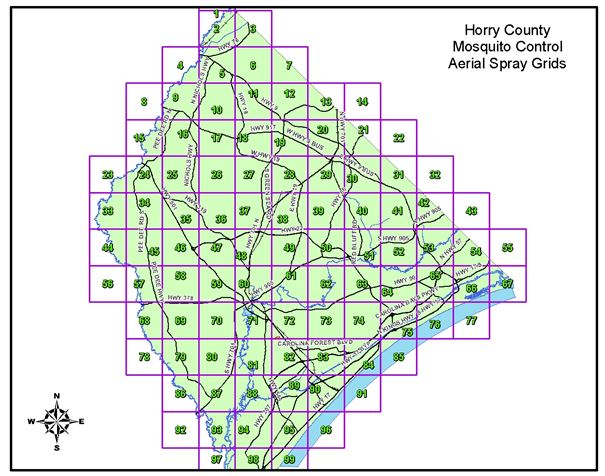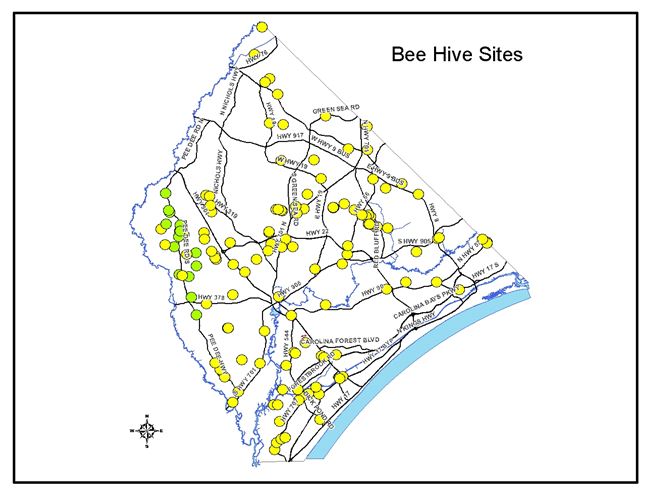CONWAY, SC (WBTW) – Recently DHEC asked local governments to act now to protect people from the mosquito-borne Zika virus.
The county’s Infrastructure and Regulation committee heard its annual review of the county’s mosquito prevention program on Tuesday and council was eager to get ahead of potential problems.
“Its amazing the number of places on your property that breeds mosquitos,” said, Tom Garigen, who presented the plan to protect the public as worries of the Zika virus grow nationwide.
“So far we’ve been lucky that type of mosquito doesn’t do well here,” said Garigen.
While the species that carries Zika does live in South Carolina and DHEC says no cases have been reported in the state; that doesn’t mean their aren’t other mosquito borne-diseases to be wary of.
“For us our biggest concern is West Nile,” said Garigen, who added the carrier is very common in our area and is potentially more deadly.
“Luckily for us in South Carolina the past five years we haven’t had many cases,” said Garigen. He said prevention is key to cut down on potential mosquito breeding sites.
“Look around your property get rid of any containers, anything that’s holding water for mor than a day or two. That way you’re not breeding your own mosquitos,” said Garigen.
When trouble areas are identified by residents who call in, an assessment is made to see what kind of treatment is necessary based on the number of mosquitos landing on an individual.
When the problem gets bad, trucks spray pesticides to treat specific areas. If needed, planes will take to the skies to spray as well; but both are only effective if the breeding grounds are eliminated.
Garigne again highlighted the need to eliminate water from around property including tires, gutters, and anything that pools.
When the county does spray, it’s important to know when your area is going to be treated, especially for area bee keepers.
“We’ll bring a GPS unit out, we’ll map their hive locations so we don’t accidentally spray them with the chemicals used to kill mosquitos,” said Garigen
Another step they take is only spraying at dusk when bees are less active to try to minimize any damage to the beneficial insect.
Garigen says there’s a large correlation between wet weather and mosquito populations, so predicting the upcoming season is nearly impossible.
“It’s really going to be all about the weather, we’ve been lucky in the last month it’s finally drying out, the ditches are drying out. We’ll just have to see what and see what the weather patterns develop into this year,” said Garigen.
If you live in Horry County and have a mosquito problem, call 381-8000, Garigen says they will come out and take care of the problem as warranted.
Call the same number if you’re a beekeeper who wants to make sure your hive is mapped with the county.
Horry County Mosquito Spray Thresholds:
- Ground spraying is warranted for Landing Rate Counts of 5 or more in both urban and rural areas.
- Aerial Spraying is warranted for Landing Rate Counts of 10 or more when:
- 4 or more counts are located in one spray grid in urbanized areas
- 4 or more counts are located in one spray grid in urbanized areas,
- 2 or more such counts are found in one spray grid in rural areas.





